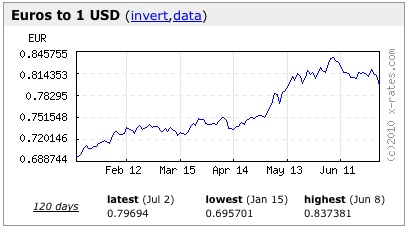Some Thoughts On The Three Amigos
First off, I want to state that while I am a sports fan, I am not a sports fanatic. I've been out of the country the past week and have not been reading the sports blogs and watching ESPN non stop. If others have written what I am about to write, I did not see it
I did read Dan Gilbert's letter to the Cleveland fans though.
That letter read like a man in denial about what is going on.
My view is we are witnessing yet another power grab by the real talent away from the former owners of that talent, in this case the league and its owners.
What Lebron, Dwyane, and Chris have done is decide they want to play together, play for someone they respect, and attempt to create a new basketball dynasty to rival the Celtics and Lakers who coincidentally recently played for the NBA championship.
Critics of Lebron and his amigos call the move selfish and disloyal.
I call it ballsy and impressive. The league and the owners may control the brands, the teams, the stadiums, and the TV deals. But the players and coaches are the raw talent that makes it all happen.
If Lebron, Dwyane, Chris and Pat Riley are successful in assembling a dynasty that will sit at the top of the NBA for the next decade, they could well inspire others to do the same.
What will Kevin Durant, Carmelo Anthony, Dwight Howard and others do when they become free agents? Sign with the highest bidder or conspire to create a new championship caliber team?
I can't help but see this move in the context of the slow but steady crumbling of institutions that held power by their control of the distribution system. But now when the most talented players have brands that are as big or bigger than the teams they play on, when more and more young people are rooting for their fantasy team and assembling it on their xbox, this move makes total sense to me.
My only question is whether this is an isolated incident or the start of a trend that could pose a serious problem for all sporting leagues.





